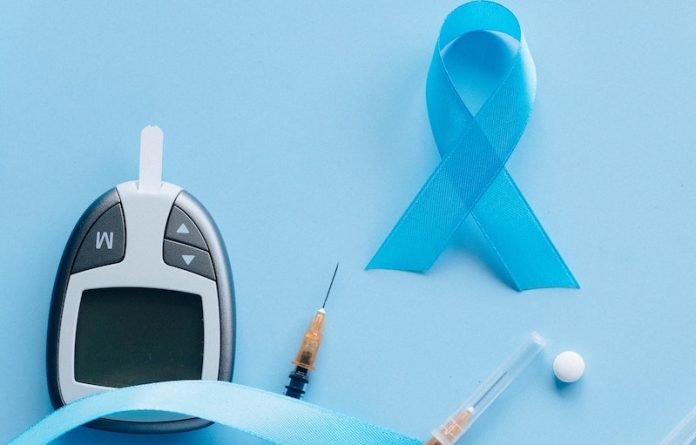
In a recent study from Monash University, scientists found a pathway to the regeneration of insulin in pancreatic stem cells, a major breakthrough toward new therapies to treat Type 1 and Type 2 diabetes.
In the study, the team used the pancreas stem cells of type 1 diabetic donor.
They were able to effectively reactivate them to become insulin-expressing and functionally resemble beta-like cells through the use of a drug approved by the US Food and Drug Administration but not currently licensed for diabetes treatment.
Though it requires further work, in principle the new approach would allow insulin-producing cells (beta-cells) that are destroyed in type 1 diabetics to be replaced with newborn insulin-generating cells.
The study may lead to a potential treatment option for insulin-dependent diabetes to replace the insulin no longer produced by a damaged pancreas.
As the number of cases of diabetes worldwide approaches 500 million, researchers are scrambling for a limited pool of treatments with unclear effectiveness.
According to the team, by the time an individual is diagnosed with Type 1 diabetes much of their pancreatic beta cells, which produce insulin, have been totally destroyed.
These studies show the diabetic pancreas is not incapable of expressing insulin and the proof-of-concept experiments address unmet medical needs in type 1 diabetes.
The advances in the genetics of diabetes have brought a greater understanding and along with it a resurgence of interest in the development of potential therapies.
Patients rely on daily insulin injections to replace what would have been produced by the pancreas.
Currently, the only other effective therapy requires pancreatic islet transplantation and while this has improved health outcomes for people with diabetes, transplantation relies on organ donors, so it has limited widespread use.
If you care about diabetes, please read studies that not all whole grain foods could benefit people with diabetes, and green tea and coffee could help reduce death risk in diabetes.
For more information about nutrition, please see recent studies that blueberries strongly benefit people with metabolic syndrome, and results showing vitamin D could improve blood pressure in people with diabetes.
The research was published in Signal Transduction and Targeted Therapy and conducted by Professor Sam El-Osta et al.
Copyright © 2022 Knowridge Science Report. All rights reserved.




